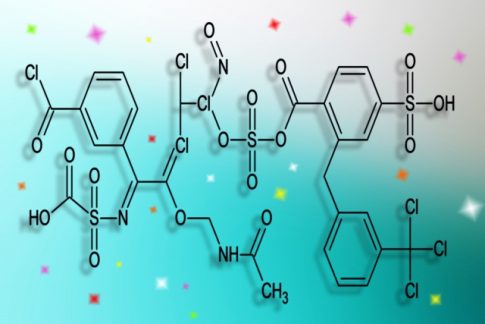この記事の概要
Male pattern baldness (AGA) is mainly caused by genetic factors and hormonal imbalance, but recent research suggests that obesity may be related to the progression of AGA. Below, we will explain in detail how obesity affects hormonal balance, inflammation, oxidative stress, and lifestyle, and how it relates to AGA.
- Hormone imbalance
Insulin resistance and hyperinsulinemia: People who are obese may have increased insulin resistance, which can lead to hyperinsulinemia. This can lead to hormonal imbalances, particularly increased production of androgens (male hormones). Androgens, especially DHT (dihydrotestosterone), are considered to be the main cause of AGA, and hormonal imbalance may accelerate the progression of AGA. Effects of adipocytokines: Adipocytokines (proteins secreted by adipocytes) secreted by obesity-related adipose tissue can promote inflammatory responses and worsen the progression of AGA. In particular, obesity can increase damage to hair follicles by causing a chronic inflammatory state. - inflammation and oxidative stress
Chronic inflammation: Obesity causes a chronic inflammatory state, and this inflammation can damage hair follicles. Chronic inflammation can impair the health of hair follicles, which may contribute to the progression of hair loss.
Oxidative stress: Obesity increases oxidative stress. Oxidative stress can damage cells and have particularly deleterious effects on hair follicles, and can promote the progression of AGA. - Lifestyle and related factors
Unhealthy eating habits: Obesity is usually closely related to eating habits. High-fat and high-carbohydrate diets can disrupt hormonal balance and promote hair loss. In particular, an unhealthy diet can increase the production of hormones associated with AGA.
Lack of exercise: Obesity is often associated with a lack of exercise, which can lead to poor blood circulation and a lack of nutrients to the hair follicles. This can accelerate hair loss. - Examples of research results
Statistics: Some studies have shown that obesity is associated with the risk of developing AGA. For example, there are reports that people with a high degree of obesity (high BMI) may be more likely to develop AGA earlier and progress more quickly. - AGA and metabolic syndrome
Relationship with metabolic syndrome: Obesity is a part of metabolic syndrome (including hypertension, hyperglycemia, dyslipidemia, etc.), and a relationship between metabolic syndrome and AGA has been suggested. This suggests that obesity is one of the risk factors for AGA.

Summary
Obesity can affect the progression of AGA through hormonal imbalance, chronic inflammation, and increased oxidative stress. Although obesity is not a direct cause of AGA, it has been suggested that obesity may contribute to the exacerbation of AGA. Thus, it may be possible to slow the progression of AGA through the prevention or improvement of obesity. Maintaining a healthy weight will contribute to overall health as well as hair health.










